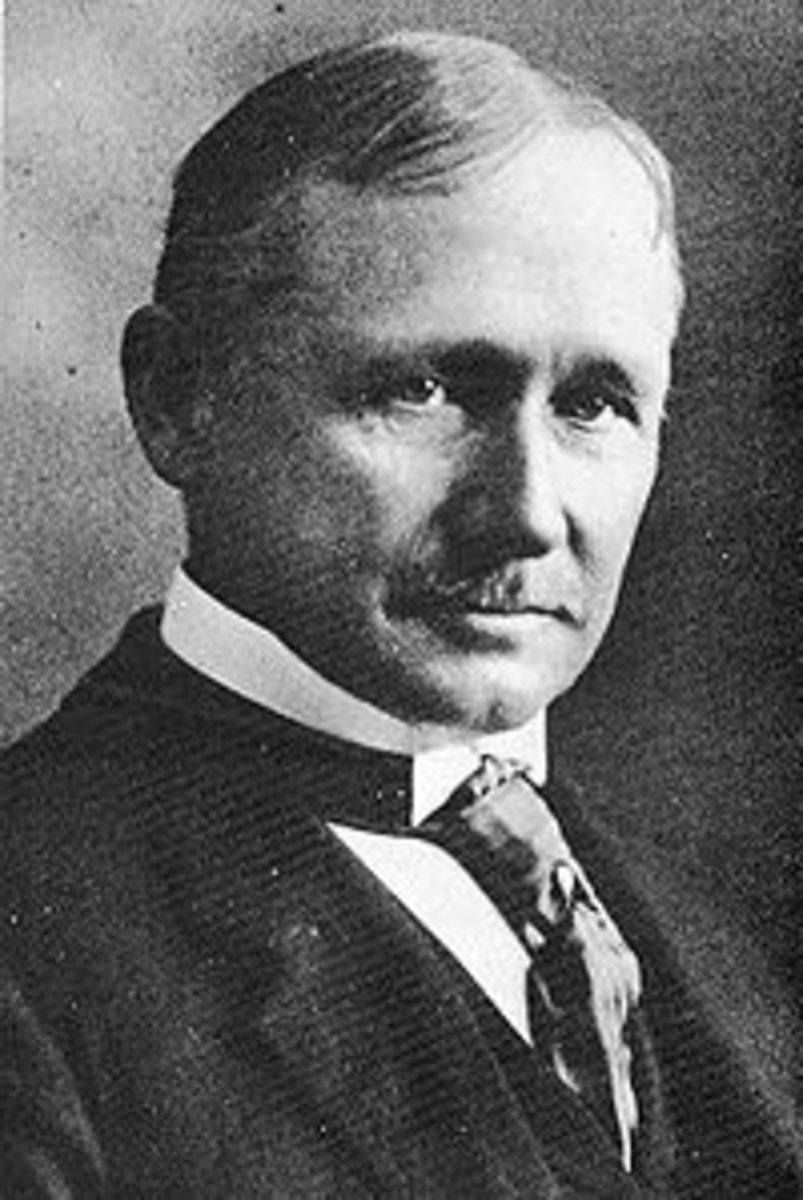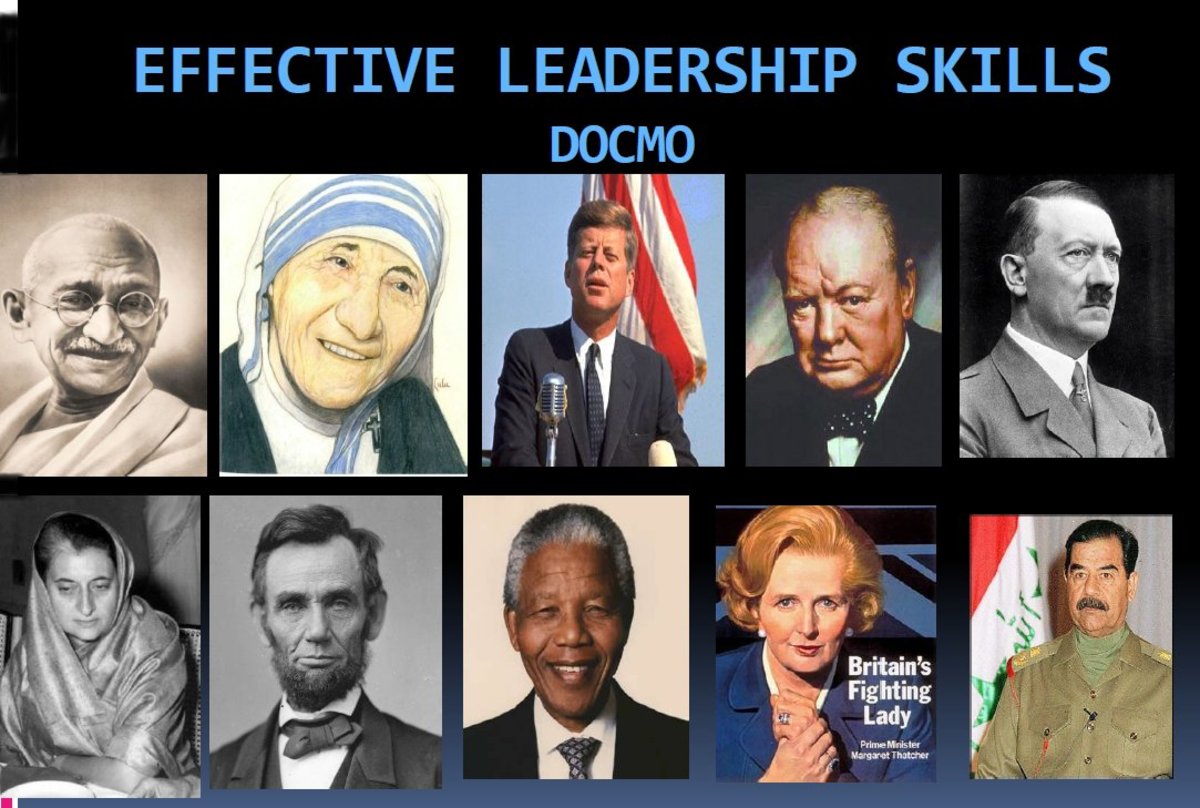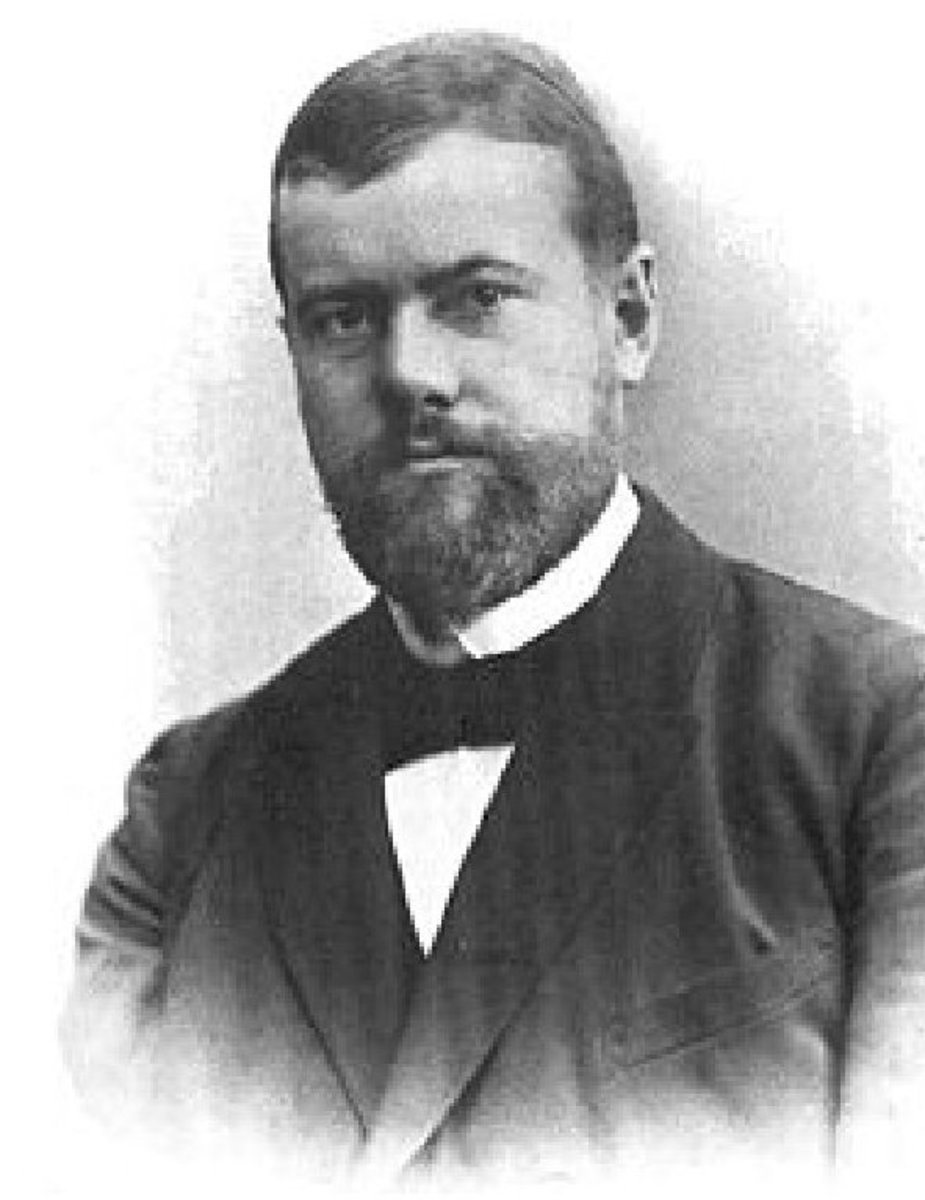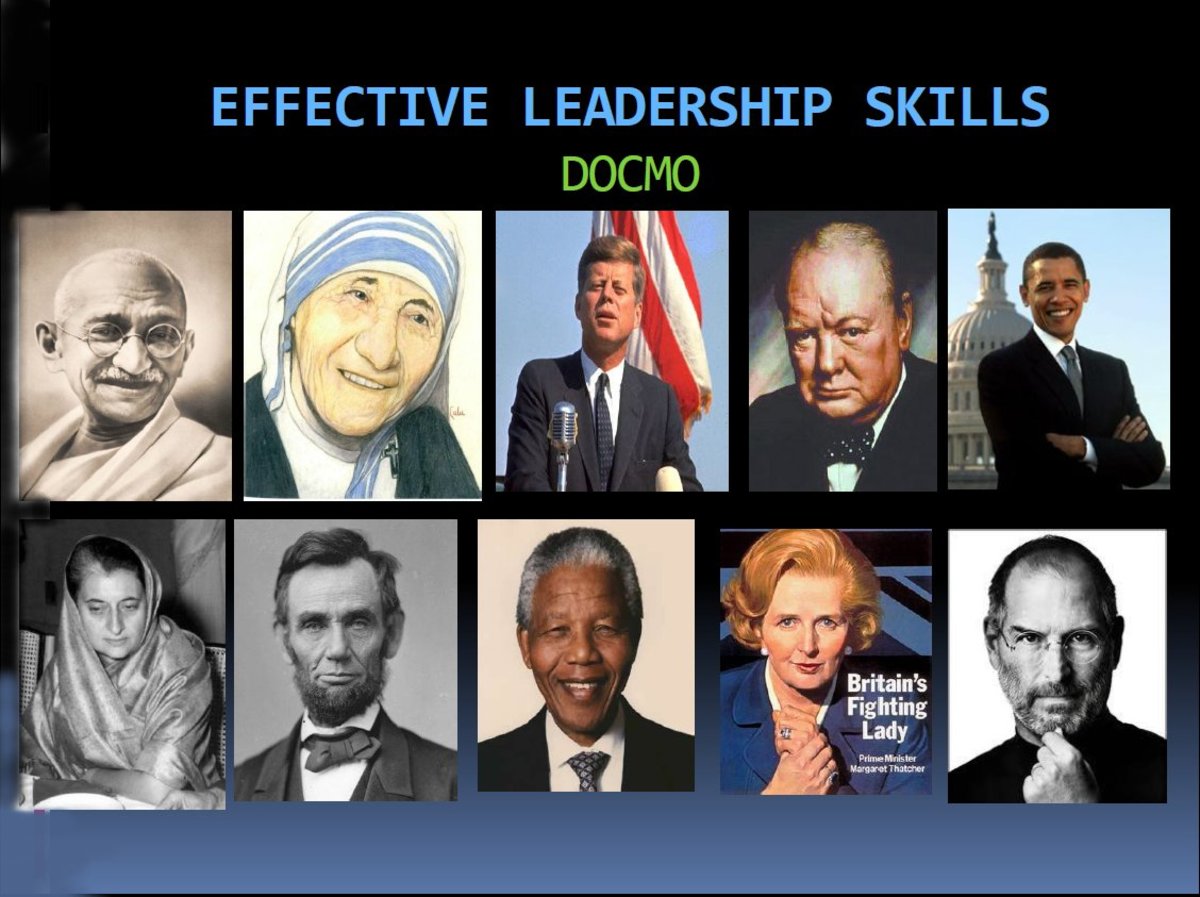Kingdom Entrepreneurship: An Emerging Christ-Centered Integral Approach to Business and Organizations


Books on Business and Christian Ethics
Kingdom Entrepreneurship
Adding to the complexity organizations faced in the first decade of the 21st century is the number of crises and subsequent failures brought on by unethical practices by leaders and other members of organizations in American corporations (Küpers, 2007). As a result, the concept of spirituality and meaning at the workplace received heightened concern in academic literature from the mid-1990s to 2010 (Brook & Parker, 2009). In that time researchers and practitioners in the field of leadership and organizational development postulated theoretical constructs that emphasized ethical conduct and social responsibility as essential aspects of organizational behavior. Such theoretical constructs of leadership included value-based leadership (Barrett, 2009), expanded models of servant leadership (Greenleaf, 1977; Wong & Page, and Patterson, 2003); authentic leadership (George, 2004); agapao leadership (Winston, 2003); social entrepreneurship (Santos, ; spiritual leadership (Hunsaker, 2008; Blackaby & Blackaby, 2001); integral leadership (Küpers, 2007; Reams, 2005; Haladay, 2006) and Kingdom entrepreneurship (Mulford & Eldred, 2009).
Leadership Practices as Reflection of Worldview
How business executives and organizational leaders guide their organizations is a direct reflection of their respective worldviews (Barrett, 2009; Mulford & Eldred, 2009; Russell, 2004). Consequently, Barrett (2009) wrote, “cultural transformation or whole system change cannot occur without a change in the behaviors of the leaders” (p. 1).
According to Russell (2004), a worldview acts as a lens through which (a) a leader sees, interprets, and acts toward the world around them and, consequently, (b) chooses a leadership model to direct the affairs of his or her respective organization. Russell posited that all worldviews build on two basic points of view including (a) theistic, whereby a person sees truth and ultimate standards as unchanging and coming from a Supreme Being outside themselves and (b) humanistic, whereby a person sees truth coming from within themselves without ultimate standards beyond human intuition and personal preference. Additionally, Russell set forth that how leaders see and interpret the world results in a set of values by which they (a) choose ethical and moral standards to uphold and (b) determine preferences and priorities for their personal lives and organizations
Three Worldviews of Business and Organizations
Like Russell (2004), Mulford and Eldred (2009) observed that business and other organizational leaders set priorities and preferences for themselves and their organizations according to attitudes derived from their respective worldviews, especially their worldviews of business and organization behavior. Mulford identified three basic worldviews of business including (a) man-made, (b) principle-centered, and (c) Kingdom-centered and set them side-by-side to compare underlying attitudes and philosophies of business in regards to 18 categories related to business e.g. standard of right and wrong, philosophy of business, customer relations, employee relations, trust, and societal condition.
Man-made view of business. From his research, Mulford and Eldred (2009) postulated that in general the man-made worldview of business derived on human wisdom without reference to a Supreme Being or God. Furthermore, they discovered that the man-made view operated from
1. Attitudes such as (a) do what seems best as an individual, (b) maximize self, (c) cut corners to save costs, and (d) deceive to sell to others;
2. Philosophies such as (a) fight to survive; (b) trust no one; (c) do the least to satisfy the customer; and (d) drain employees, then discard them;
3. Resulting in a societal condition of misery and despair.
Principle-centered view of business. In contrast to the man-made view, Mulford and Eldred (2009) observed that the principle-centered view of business derived from an agreed upon set of values and objectives. They acknowledged that such values and objectives may be founded on theistic or humanistic points of view, but without reference to advancement of God’s Kingdom on earth. Consequently, they found that businesses espousing a principle-centered view established organizational cultures with
1. Attitudes such as (a) right and wrong standard based on pre-determined principles, (b) maximize profits, (c) excellence to meet customer demands, and (d) truth to those who read fine print;
2. Philosophies such as (a) play to win; (b) trust but verify, not everyone obeys laws; (c) do for customers what you promised; and (d) equip employees to produce;
3. Resulting in a societal condition of striving and questioning.
Kingdom view of business. Finally through his research, Mulford and Eldred (2009) posited that the Kingdom view of business derived from a vibrant personal relationship with God through prayer and Bible study. Furthermore, they highlighted that Kingdom entrepreneurs are Christian businessmen and women who espouse a monotheistic worldview, confess Jesus Christ as Lord and Savior, and actively seek to advance God’s Kingdom by sharing the good news of Jesus Christ with others. Accordingly, they postulated that leaders living by and advocating a Kingdom worldview established their firms on
1. Attitudes such as (a) right and wrong based on internalized principles of the Bible, (b) maximize giving, (c) create life-improving products & services, and (d) truth for everyone while helping those who lack knowledge;
2. Philosophies of (a) excel to glorify God; (b) trust but verify, not everyone is sanctified; (c) do the right thing for the customer regardless of the cost; and (d) equip and care for employees as whole persons;
3. Resulting in fulfillment and satisfaction, joy and peace.
Business and Societal Transformation
Through their research and observations, Mulford and Eldred (2009) recognized that men and women around the world spend a large portion of their daily lives in the marketplace and or at the workplace. From these observations, they deducted that the business sector perhaps more than any other in society e.g. education, government, arts and entertainment, and media, has a unique opportunity to bring transformation to whole communities and nations. Jacobs (2009) conceded that, depending on a leader’s worldview of business, an organization can just as well lead to a negative transformation as a positive one. In his seminal work, Schaeffer (1976) contrasted the results of theistic-based Reformation movement in Northern Europe with the results of the humanistic-based Renaissance in Southern Europe. From his research, he observed that the eventual results of theistic-based Reformation were more apt to bring positive societal change whereas the eventual outcomes of the humanistic-based Renaissance were more apt to result in negative societal conditions.
Man-made worldview and societal degradation. Unseemly business practices in the United States and other regions around the globe during the first decade of the 21st century provided fresh proof that the man-made worldview of business results in misery and despair. Those events included
1. Slavery and widespread poverty in Sub-Saharan Africa due to the oil and the blood diamond trades (Pearce, 2002).
2. Substandard wages and inhumane working conditions in India, China, Southeast Asia and Central and South America, and the United States linked to the garment industry and trade (Mojtabai & Cangialosi, 2006).
3. Human trafficking and sex slavery throughout the world including the Subcontinent of India, Southeast Asia, Europe, and North America (Kristoff & WuDunn, 2009; Patt, 2009; Shafer, 2007).
4. Widespread bankruptcies in California and other regions of the United States due to the home mortgage trade involving WAMU, Lehman Brothers, Merrill Lynch, Countrywide Financial, and other investment banking and home mortgage institutions (Heath, 2010).
Kingdom worldview and societal transformation. In contrast to the negative societal outcomes wrought by the man-made views of business, Mulford and Eldred (2009) postulate that those who hold to the Kingdom-view “represent an engine that can transform a nation from one of self-centered individuals to one of other-centered people who love God and each other.” According to Mulford and Eldred (2009), Kingdom entrepreneurs ultimately operate (a) to advance God’s Kingdom in conjunction with principles in the Christian Bible in order to transform society from one characterized by self-ambition, sexual immorality, drunkenness, dissension, jealousy, hatred, and strife to one characterized by “love, joy, peace, patience, kindness, generosity, faithfulness, gentleness, and self-control” (The Holy Bible, Galatians 5:19-22, New Revised Standard Version). Examples of organizations working to transform lives and communities through principles of Kingdom entrepreneurship include
1. The C12 Group, LLC which brings business leaders together to discover principles in the Bible and counsel each other in how to apply what they learn to their organizations (Jacobs, 2009);
2. Nehemiah Project International Ministries which helps train church members in the United States and Africa in how to successfully run micro businesses and transform their communities (Bahme & Tsague, 2009; Benedict & Mulford, 2009);
3. Opportunity International (Benedict & Mulford);
4. Transformational Business Network (Benedict & Mulford);
5. Hagar International working in Cambodia and other places to rescue at risk women and provide skill training and business opportunities for them to support their families (personal communication);
6. Korean Christian businessmen who are helping to rejuvenate the Korean economy as an extension of their relationship with God (Mulford & Eldred).
7. Farms International that works in 12 impoverished nations around the world to help others come out of poverty while persevering dignity and avoiding dependency (Farms International).
The Kingdom entrepreneurship model like the other integral models offers a leadership style that focuses on all aspects of the individual, the corporation, and the external environment in order to transform the world (a) from the inner core of each person’s being - in terms of spirituality and mental and emotional well-being; (b) to societal harmony, growth, and mutual fulfillment from person to person, community to community, ethnic group to ethnic group, nation to nation (Mulford & Eldred, 2009). However, unlike the other models, Kingdom entrepreneurship sets forth an integral leadership model that is based on a theistic worldview of One God who created all things and continues to play an active role in the lives of human beings throughout the planet. The goal of this integral model is to glorify God and transform society by advancing the principles of God’s Kingdom on earth in order that every man, woman, and child from every ethnic group and nation everywhere on the planet can experience God’s best for them and gain the opportunity to thrive to their optimal level as individuals and collective groups and organizations.
Other Hubs on Leadership
- Effective Business Leadership Guide
Leading a company is not easy, ensuring its success is a different matter altogether. It is true that owning a company or leading one takes arduous work and efforts. There are so many things to oversee and... - The Difference: Leader or Manager? How to Develop th...
Is a manager a LEADER? This question might come to mind when one asks oneself, - 10 Reasons for Business Success or Failure
In the rapidly changing landscape of business in the 21st century, organizational leaders have a tough job keep their businesses on the cutting edge and maintaining a competitive strategic advantage. This article discusses 10 key factors for organizi - 5 Must-Have Qualities for Running a Successful Retai...
People who are interested in starting a retail store need to make sure that they are in a position to really make the store a success. This is particularly true in these tough economic times when many...









